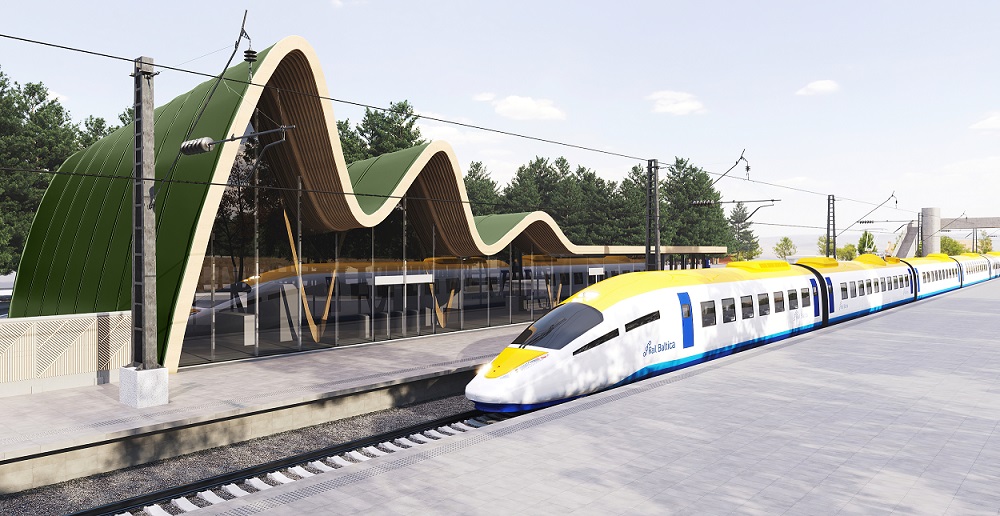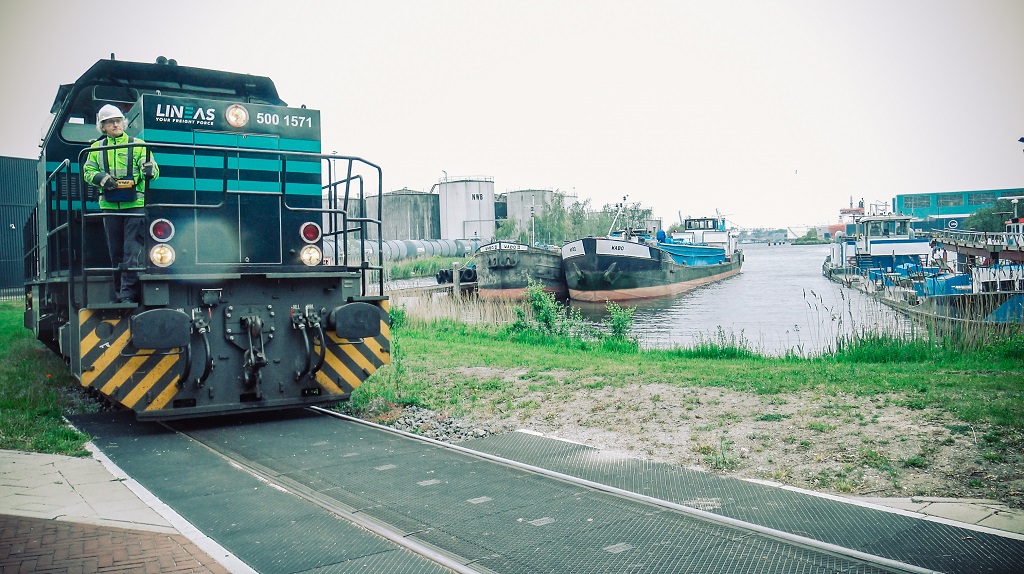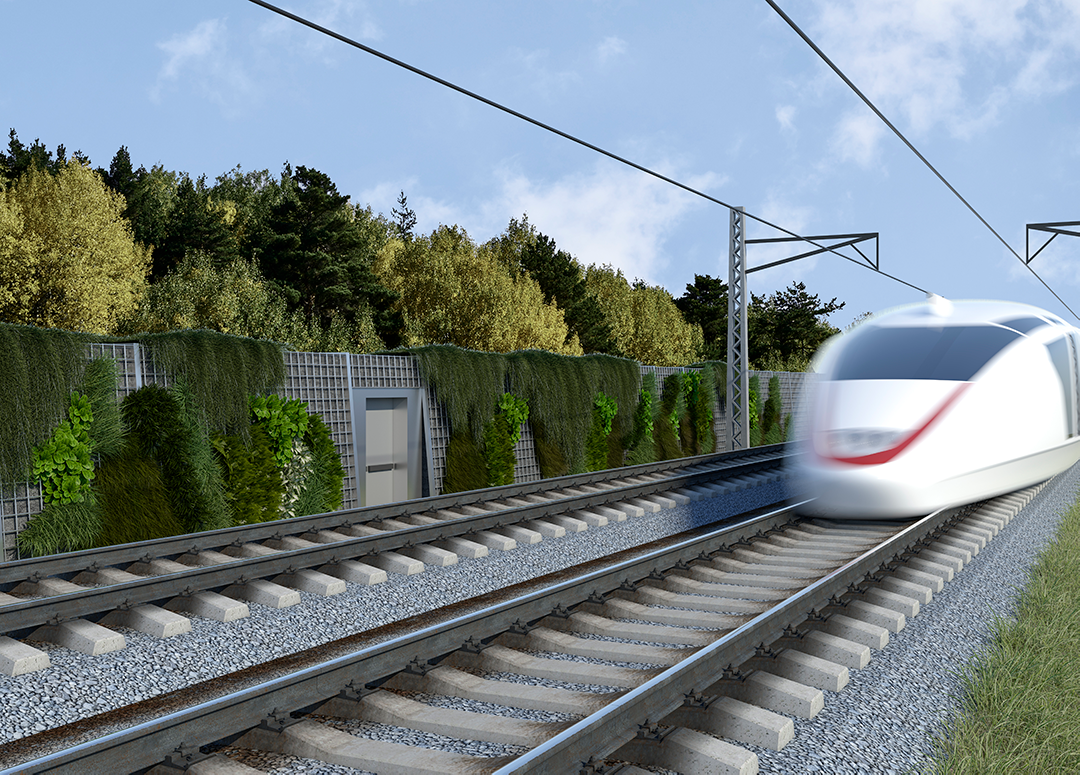An ex-military site in Latvia is being scanned for unexploded ordnance as part of the Rail Baltica greenfield railway infrastructure project to link Finland, Estonia, Latvia, Lithuania and Poland.
The work will be coordinated by RB Rail, a joint venture between the three Baltic States.
The Cekule military area, which is approximately 20km from Riga, will carry part of Rail Baltica’s main line between Vangaži, Salaspils and Misa. The location, which was in constant military use from the 1920s until the USSR army left in 1994, is extensively contaminated with unexploded ordnance from WWII.
The Latvian National Armed Forces is gradually cleaning the site, which is now covered in forest and brush. It is a demanding job as there are up ten potentially deadly devices per 100m2. The area is therefore considered too dangerous for development – no geotechnical investigation works can be carried out until territory is cleared.
The location will be scanned using a magnetometer, a gradiometer and geo-electrical survey methods to identify the ordnance. The magnetometer and gradiometer measure the earth’s magnetic field and detect changes in it due to the presence of metallic objects in the ground. The gradiometer measures the scale of the change in the field, increasing detection accuracy.
After mapping, it will be possible to assess the resources and time required for clearance before the geotechnical investigations can proceed. The area under investigation is around four hectares, although an expanse up to 10 times larger will be checked before construction work begins.

























